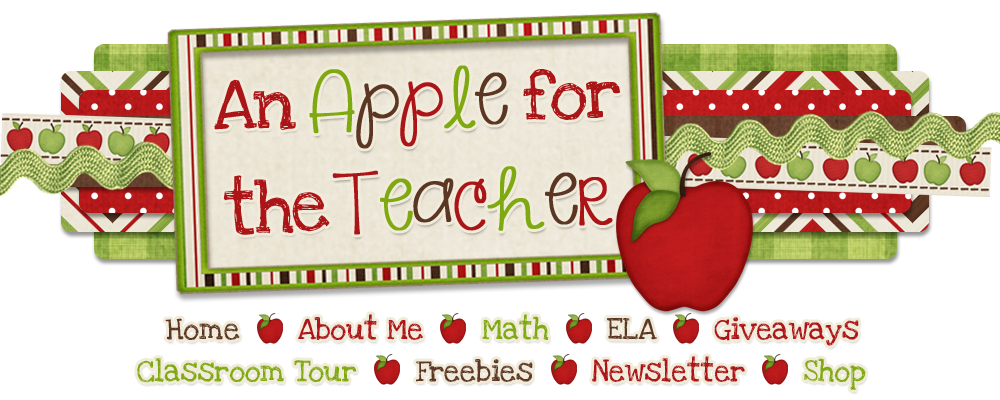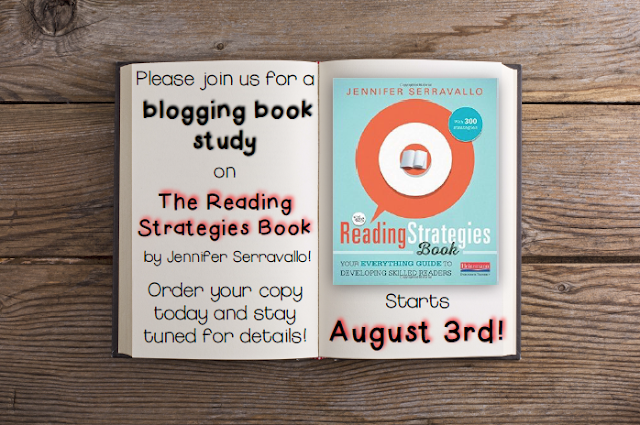I may have a large slight pinning problem. There are just way too many irresistible ideas to love and pin on Pinterest! I get even more pinning ideas every month with the Pick 3 linky hosted by Pawsitively Teaching and the Inspired Owl! So, without further ado, here are my three pin picks for the month of July.
My first July pin is an absolutely yummy idea for your 4th of July festivities (or the rest of the summer as well). I have made a similar version with strawberries, marshmallows, and blueberries in the past, but my blood sugar has been a bit high, so I like this healthier version from Paleo Girl's Kitchen.
My next pick is a mix of educational and fun along with some Patriotic flair. I am loving this Star Spangled Slime from I Can Teach My Child. My boys love playing with slime, and it is a great way to teach about polymers!
My last pick of the month comes from abccreative learning. I don't know if I like this pin so much because it has been super hot lately or if I just love the idea of sneaking in learning with the fun - but I love it! You could use this with your own children, or for summer school, summer programs, or even for the beginning of the school year if you go back to school early enough. - Just be sure to do it at the end of the day and let parents know ahead of time.
If you are looking for more summer ideas (as well as a ton of teaching related pins) - be sure to follow me on Pinterest!
Follow along with these other bloggers for some more July "pinspiration" and link up to share your own as well!
















